Dhaka has managed to gain the enviable third position on the global table of cities facing severe air quality difficulties, according to a recent evaluation. At 8:53 a.m. on Wednesday, Dhaka's Air Quality Index (AQI) reached 221, designating the city's air as'very unhealthy.'
Outranking Dhaka, India's capital Delhi and Ghana's Accra claimed the top two spots with AQI scores of 241 and 226, respectively. The AQI serves as a crucial metric, offering insights into how clean or polluted a city's air is and outlining potential health risks for its residents.
The AQI classifies air quality on a scale, and Dhaka's 'very unhealthy' label corresponds to a reading between 201 and 300. When the AQI value for particle pollution falls within 101 to 150, it is considered 'unhealthy for sensitive groups,' while a range of 150 to 200 is simply labeled as 'unhealthy.' A reading beyond 301 is classified as 'hazardous,' posing significant health risks.
Dhaka's struggle with air pollution is not a recent concern. Typically, the city experiences a deterioration in air quality during the winter months but witnesses improvement during the monsoon season. The AQI in Bangladesh is calculated based on five pollutants: particulate matter (PM10 and PM2.5), NO2, CO, SO2, and ozone.
According to the World Health Organization (WHO), air pollution remains a global health crisis, claiming an estimated seven million lives annually. The fatalities are primarily attributed to increased mortality from conditions such as stroke, heart disease, chronic obstructive pulmonary disease, lung cancer, and acute respiratory infections.



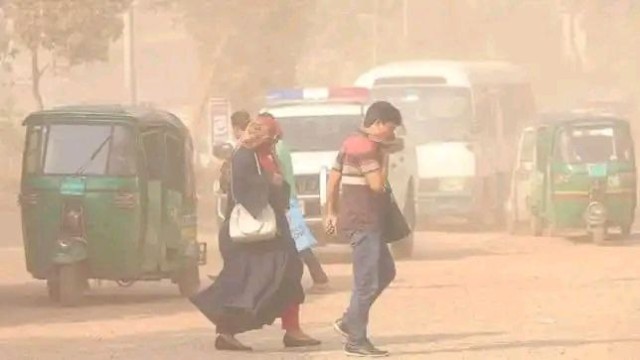
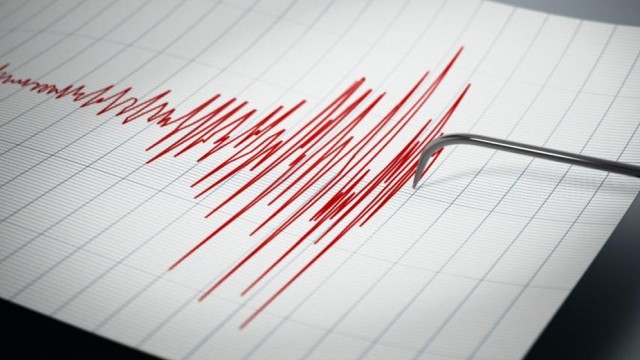
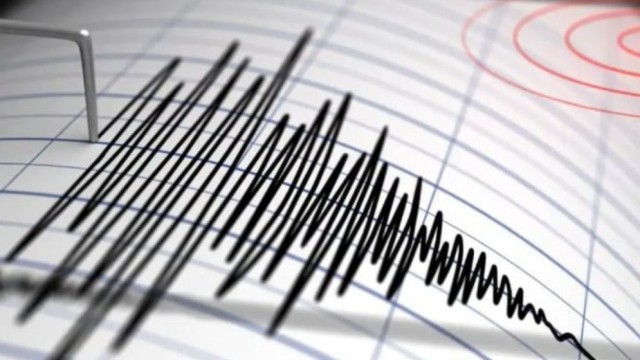

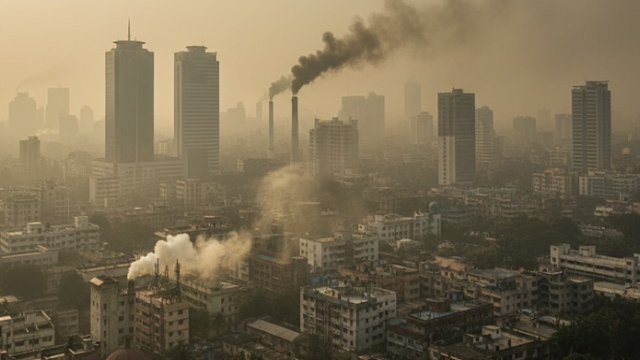

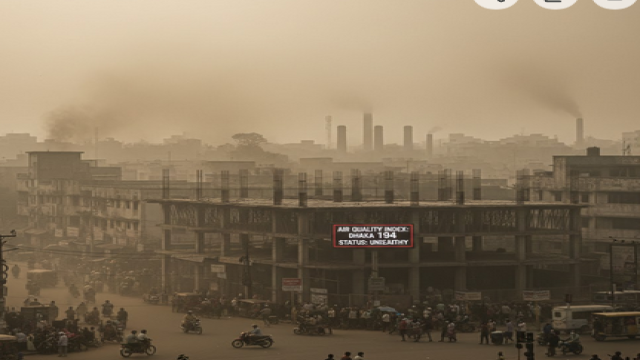



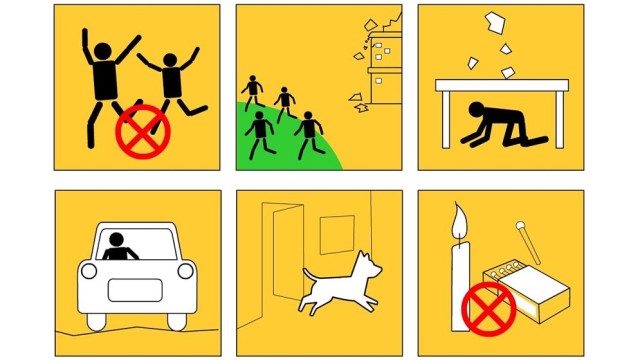

















Comment: